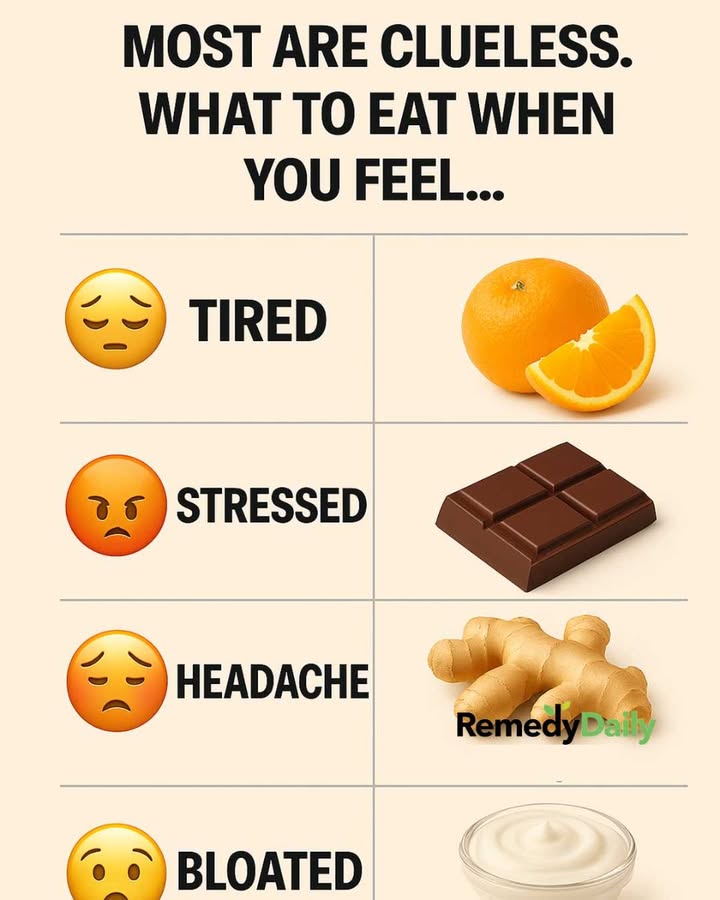Emotional eating is a common behavior where people turn to food not because they’re hungry, but because they’re seeking comfort, distraction, or stress relief. Whether it’s stress, sadness, joy, or boredom, our emotions can have a powerful impact on what and how we eat. Recognizing this pattern is the first step toward healthier eating habits and a more mindful relationship with food. Emotional eating isn’t just about willpower—it’s deeply connected to our brain chemistry, and understanding that connection can be life-changing.

So, why does emotional eating happen? It starts with the brain’s reward system. When we eat, especially high-fat or sugary foods, the brain releases dopamine, a “feel-good” chemical that temporarily soothes negative emotions. Stress, in particular, increases the production of cortisol, a hormone that spikes cravings for comfort foods. Over time, this cycle becomes ingrained—feel bad, eat, feel temporarily better, then feel guilty. But that doesn’t mean we’re stuck in this loop forever.
By identifying the specific emotions that lead to eating and choosing smarter food options tailored to those feelings, we can retrain both our minds and our bodies. Here’s a helpful guide on what to eat when you’re feeling certain emotions, so you can start supporting your emotional well-being from the inside out:
1. Stressed? Try Dark Chocolate.
Rich in flavonoids and over 70% cocoa, dark chocolate improves blood flow to the brain and lowers cortisol. It also boosts endorphins and serotonin—natural mood enhancers.
2. Tired? Snack on Nuts or Greek Yogurt.
Almonds and walnuts offer magnesium and protein for sustained energy. Greek yogurt also provides protein and gut-friendly probiotics, which in turn support brain health.
3. Bloated? Eat Cucumbers or Sip Ginger Tea.
Cucumbers help flush out excess salt and water, while ginger tea soothes the digestive tract and reduces bloating.
4. Anxious? Go for Oatmeal or a Banana.
Oatmeal increases serotonin production, helping you feel calm. Bananas are packed with B6 and potassium, essential for nerve and stress regulation.
5. Angry? Chamomile Tea or Blueberries.
Chamomile naturally calms the nervous system, and blueberries are antioxidant-rich mood stabilizers.
6. Feeling Sad? Reach for Salmon or Avocado.
Both are full of healthy fats and mood-boosting nutrients like omega-3s and B vitamins that fight depression.
7. Lonely? Turkey or Sweet Potato Can Help.
Turkey contains tryptophan, which promotes serotonin. Sweet potatoes are comforting and help stabilize blood sugar and mood.
8. Overwhelmed? Try Leafy Greens or Oranges.
Spinach has magnesium to relax your nerves, and oranges are loaded with vitamin C to cut stress.
9. Craving Comfort? Go with Warm Soup or Mashed Cauliflower.
These warm, soft foods offer a soothing sensation and emotional calm.
10. Distracted or Unfocused? Choose Eggs or Blueberries.
Eggs have choline for brain function, and blueberries sharpen mental clarity.
11. Sluggish? Apples or Green Tea Work Wonders.
Apples give a fiber-fueled energy lift, while green tea offers caffeine with calming L-theanine.
12. Irritable? Munch on Pumpkin Seeds or Carrots.
Pumpkin seeds offer magnesium and zinc for mood balance. Crunching carrots relieves tension.
13. Embarrassed? Peppermint Tea or Watermelon Helps.
Peppermint calms digestion and nerves. Watermelon hydrates and cools the body.
14. Heartbroken? Dark Chocolate or Cherries Offer Relief.
Dark chocolate boosts serotonin, and cherries help you sleep and ease emotional pain.
15. Nervous? Try Peanut Butter or Whole Grain Toast.
Healthy fats calm your body, while complex carbs fuel your brain and stabilize emotions.
16. Restless? Kiwi or Tart Cherry Juice Can Calm You.
Kiwi boosts serotonin, and tart cherry juice is rich in melatonin for restful sleep.
17. Insecure? Eat Quinoa or Beets.
Quinoa is a complete protein that keeps you full and strong. Beets improve circulation and brain clarity.
18. Bored? Popcorn or Dark Berries Break the Monotony.
Air-popped popcorn is low in calories and keeps you busy. Dark berries are tasty and engaging.
19. Feeling Unloved? Strawberries or Dark Leafy Greens Uplift.
Strawberries release oxytocin—the “love hormone.” Greens have folate, which boosts mood.
20. Confused? Walnuts or Coconut Water Can Help.
Walnuts are brain-boosters full of omega-3s. Coconut water rehydrates and clears mental fog.
In conclusion, emotional eating isn’t something to feel ashamed about—it’s something to understand. When you know the “why” behind your cravings and equip yourself with better food choices, you’re already halfway to healing. Mindful eating, grounded in both emotional awareness and nutritional knowledge, can help break the cycle of unhealthy habits. The result? A more balanced, peaceful, and energized version of yourself. Instead of letting your emotions control your eating, you can start using food as a tool for true nourishment and emotional support.





